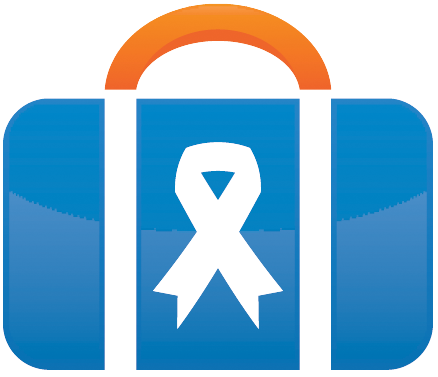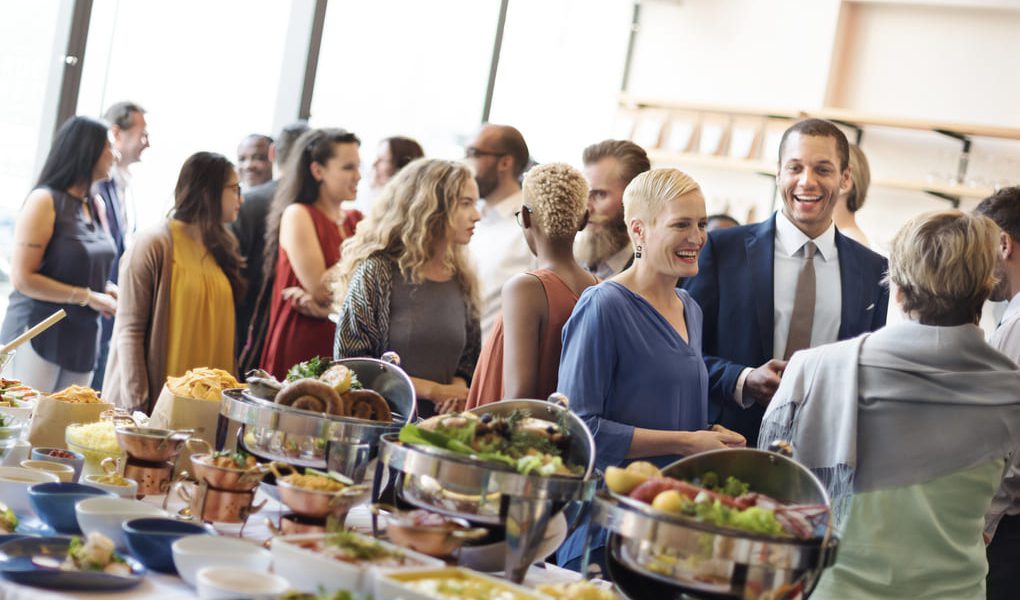After your chapter members graduate, they start to establish themselves in the professional or academic world. Many move away from campus to pursue their goals. But no matter which direction their lives take, they will always have a strong link to their college: your chapter.
This is exactly why fraternity and sorority fundraisers treasure alumni as giving prospects. In fact, fraternity and sorority alumni are estimated to account for approximately 75% of all money donated to universities. To get a piece of that pie and support your chapter’s philanthropic efforts, your chapter needs to connect with alumni and make them feel appreciated.
From upscale galas to relaxed 5K fun runs, fundraising events provide ideal opportunities to cultivate relationships with your alumni, ignite their passion for your chapter’s success, and thank them for their efforts. Let’s discuss how to show your gratitude to loyal alumni donors—and potential new ones—throughout every phase of your alumni event.
What does effective alumni recognition look like?
Before we dive into the phases of acknowledgment during your alumni fundraising event (like a reunion or a fundraiser), let’s review the characteristics of effective alumni recognition messaging. When creating these communications, you should prioritize:
- Connecting to your shared identity. Recognition is most effective when it connects a donor’s gift back to their specific identity. If a past exec board member donated $500 to the chapter, they’d probably rather receive a thank-you message that mentions “an investment in expanding our recruitment budget and continuing the tradition of leadership you started as President in ’95” than a generic note.
- Personalization. Recognition can fall flat if it doesn’t include personal information or other tailored details. Improve your acknowledgement cadence by sending different messages to different donor segments and using each donor’s preferred contact channel so they’re more likely to read the communication.
- Automation. While personally writing a unique note to each donor would be ideal, your chapter might not have the time or resources to do so. By leveraging automated communication tools, you can easily send messages with each donor’s name, specific contribution amount, and gift impact to provide a personal touch without exhausting your resources.
- Timeliness. It’s crucial to follow up as quickly as possible after alumni donate. Try to get thank-you messages out within 24 hours of each contribution or event signup.
- Demonstrating impact. Share the specific outcomes of your fundraising event or, even better, the impact of each supporter’s gift. If possible, add a message from your current members that highlights how much alumni support means to them. For instance, you could send personal messages from recipients of a scholarship to the donors who funded the initiative.
Preparing for Recognition Before a Fundraising Event
This stage provides the prime opportunity for you to learn as much information about your alumni donors as possible so you can tailor your acknowledgment efforts accordingly. It’ll also be easier to get thank-you messages out in a timely manner after your event if you follow these steps beforehand.
Identify alumni donors and their contributions.
If you have alumni donors with a pattern of attending your fundraising events or whom you’ve identified as significant donors through prospect research, note their involvement and plan how you’ll thank them. Organize your research by contribution amount so you can plan your appreciation efforts accordingly. For instance, take on higher-effort appreciation tactics for major donors (like a luncheon with national chapter leadership) so you can build stronger personal connections.
Plan meaningful recognition moments for the event.
Formally acknowledging significant alumni donors at your event is a great way to publicly express your gratitude. At this stage, you should identify which segments you want to showcase and when the best time would be to mention them.
Prepare tokens of appreciation.
Reinforce your gratitude by providing your event guests with a small gift for attending. For example, let’s say you’re hosting a charity golf tournament for alumni. GolfStatus recommends choosing gifts that are relevant, practical, and high-quality, such as golf balls or club bags from top brands.
Use the right technology.
It’s crucial to ensure that no donor data falls through the cracks during the event planning process. OmegaFi recommends using chapter management software that’s tailored to your chapter’s specific needs. An ideal solution would be able to store important alumni donor information and be able to report on their involvement over time so you can make data-driven outreach decisions.
Creating Meaningful Recognition Opportunities at Your Event
During your event, the goal is to make your alumni donors feel like honored guests, not just revenue sources. Here are some ideas for active, personal appreciation:
- The “Pledge Class Roll Call.” Instead of just reading names, which can be long and boring, make this activity more interactive. During the main program, have your emcee lead a high-energy roll call, asking alumni to stand or cheer by graduation years as they’re recognized. This builds energy and comradery across alumni generations.
- Strategic seating. Seating your major donors at a VIP table can isolate them and prevent fresh connections from being made. Instead, strategically seat them at tables with your chapter’s best and brightest undergraduate leaders like the President, Treasurer, or Philanthropy Chair. This gives the alumni a direct, tangible connection to the chapter and facilitates a more dynamic experience.
- Chapter-specific awards. Creating alumni awards can make your most committed alumni donors feel extra connected to your chapter. For example, at a yearly banquet, you could present an “Alum of the Year” or “Lifetime Achievement” award to the most impactful and inspirational alumni.
Whichever methods you choose, ensure that you have approval from all of the alumni you’re shouting out, as some might prefer to remain anonymous. Collect consent during registration by asking if they’d be open to public acknowledgment and explaining what the acknowledgement might look like.
Recognizing Alumni Donors After an Event
After your event concludes, you still have the important task of securing your alumni’s future involvement in your fundraising efforts. Consider these strategies to keep your alumni members engaged with your chapter after your fundraising event:
- Implement a tiered thank-you strategy. For instance, your tiers might look like this:
- Tier 1 (all): A prompt (within 24-48 hours) email blast from the chapter president that includes event photos and a sneak peek of the next event.
- Tier 2 (first-time donors): A handwritten note from the chapter president that references a detail from the event or their conversations with your team.
- Tier 3 (loyal alumni): A personal phone call from your executive board that explains their impact and builds rapport for future events.
- Send a chapter thank-you video. This is a high-impact, low-cost outreach tactic that shows your chapter’s authentic appreciation for alumni. At your next chapter meeting, film a 30-second video of the entire chapter waving and expressing their gratitude. Edit and send this video to all event attendees to humanize your chapter further.
- Create a digital donor wall. This is a lower-lift version of a physical donor wall that is easier to update over time. On your chapter’s website, create a separate page that features alumni shoutouts for general support and events. For instance, Alpha Delta Pi has a donor wall that features alumni names for each specific chapter.
While thanking donors immediately after an event is important, limiting recognition to only this time can make the gesture feel more transactional. Instead, acknowledge donors throughout the year, even if they haven’t contributed recently. That way, they know that you truly value your support and care about your relationship outside of the context of events and fundraising.
While your alumni share a powerful connection with your chapter, it’s up to you to keep that relationship strong. As long as you stay true to your chapter’s core values, you can leverage events as a tool to show your genuine appreciation for alumni and secure their support year after year.




